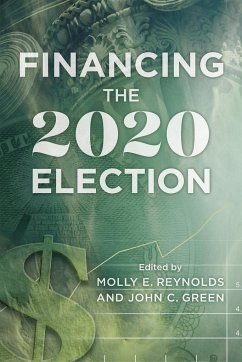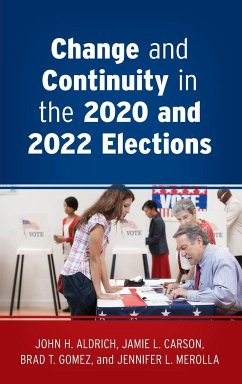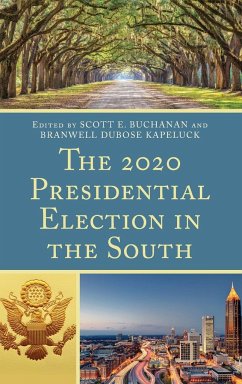
Polarization and Political Party Factions in the 2020 Election
Versandkostenfrei!
Versandfertig in 1-2 Wochen
97,99 €
inkl. MwSt.
Weitere Ausgaben:

PAYBACK Punkte
49 °P sammeln!
How did the 2020 election shape the major political parties in the U.S? This volume explores the opposing forces of party polarization and internal party factionalism during this tumultuous period. Leading authors demonstrate how factions within the parties reshaped, and responded to, the changing political environment.














